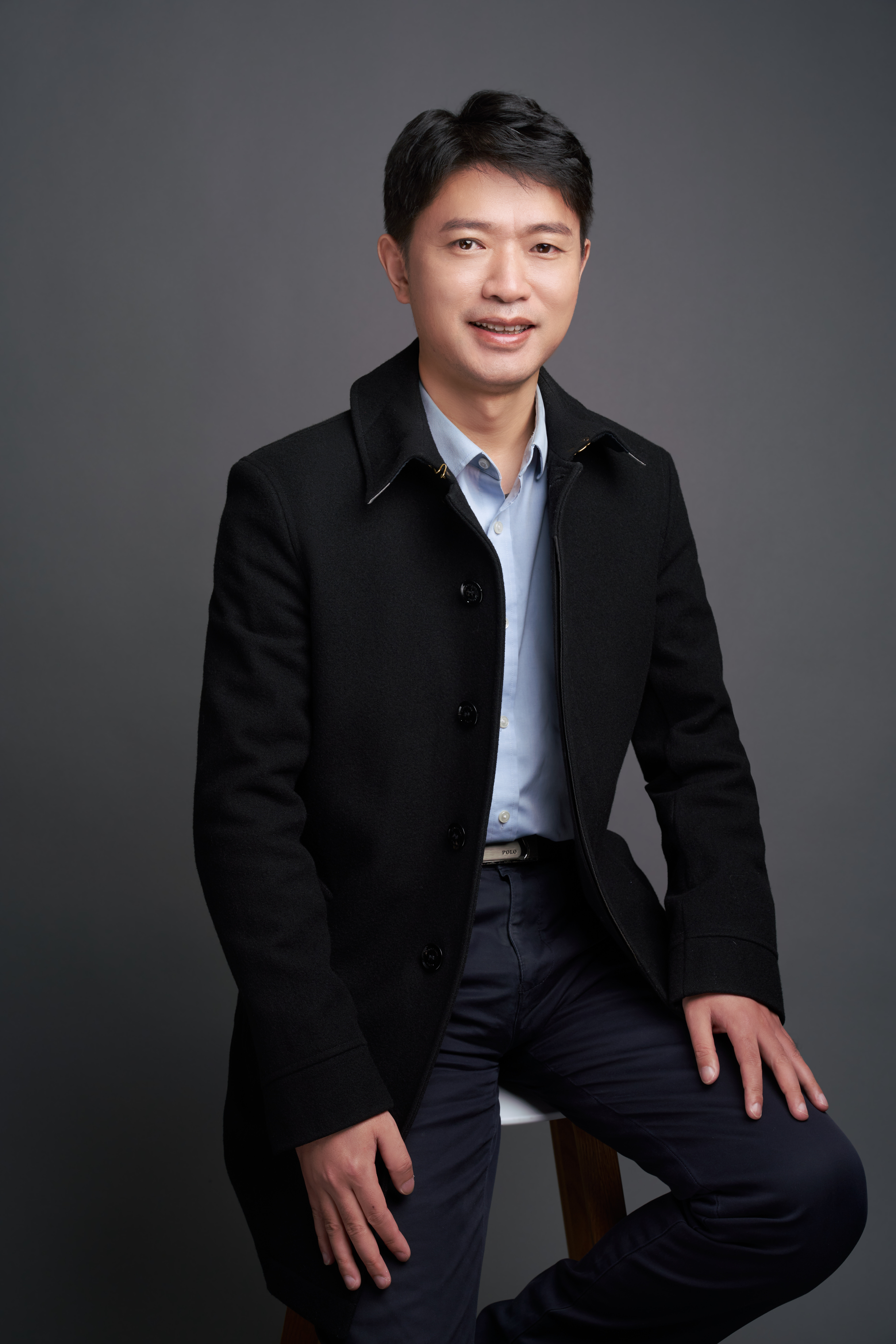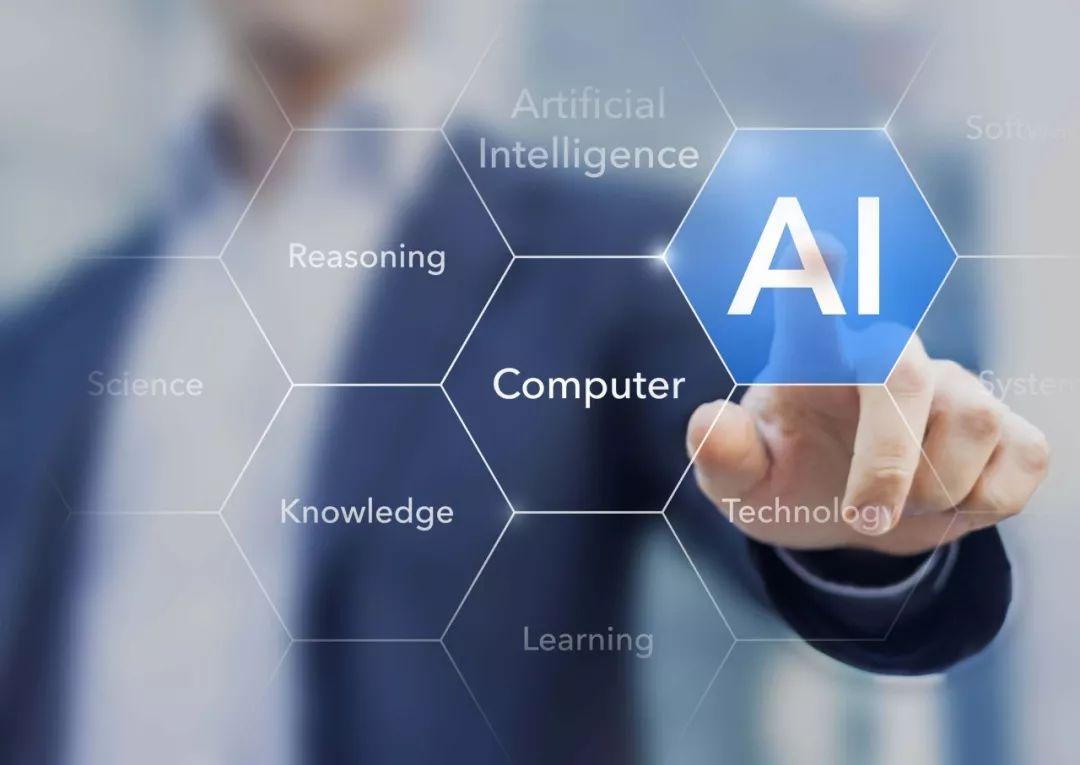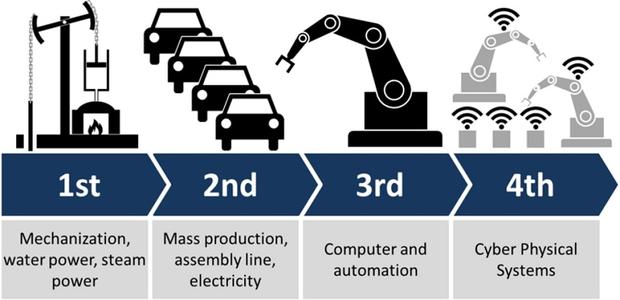Doctor Liu Yang, Vice Dean of AIR, is also a tenured professor of the Department of Computer Science and Technology and Head of the Institute for Artificial Intelligence at Tsinghua University, and the recipient of the National Science Fund for Distinguished Young Scholars.
Though the youngest in the AIR founding team, Dr. Liu has had remarkable accomplishments in natural language processing and machine translation, winning first prizes in global technological competitions. He has published over 80 papers in leading journals and conferences on NLP and AI, and received the ACL 2017 Outstanding Paper Award and COLING/ACL 2006 Meritorious Asian NLP Paper Award.
On January 6, 2021, Dr. Liu shared his view on the future development of AIR and AI in an interview.

According to Dr. Liu, AIR has two important features: first, it is interdisciplinary, meaning it focuses on technological innovation across disciplines; second, it is an entity with its own offices and personnel, thanks to the support from Tsinghua University. As Vice Dean, his duty after AIR is established is first of all, to assist Dean Zhang in administration and in building a new type of research institute characterized by Tsinghua culture and oriented towards the AI industry.
Second, together with AIR colleagues, Dr. Liu will explore a more efficient mechanism that integrates education, research and the industry, a mechanism that will enable Tsinghua teachers and students in AI and AI-related (AI Transportation, AI IoT and AI Healthcare) departments to better convert research results into applications in the AI industry. How to build such an integrated mechanism is a huge challenge to both universities and research institutes. AIR represents Tsinghua’s endeavor towards this end.
Third, Dr. Liu is a researcher as well as an administrator, so he will continue his research in AI, particularly NLP, and work closely with colleagues to make an impact in this area.
With regard to the future of AIR, Dr. Liu, who has been working at Tsinghua for over 10 years, felt that Tsinghua has always had a sense of historical responsibility, which is now shared by AIR.
The world is going through major changes unseen in a century, especially in 2020. China is forging a new development pattern with the domestic circulation as the mainstay, and the domestic and international circulations reinforcing each other. A crucial pillar of this pattern is the industry and economy; innovation, obviously, is the key driver of sustainable economic development.
AI technologies hold particular significance to innovation. Since 2017, China has attached great significance to AI and incorporated it into key areas of the new infrastructure plan.
AIR is keenly aware that AI is the engine for a new round of sci-tech and industrial revolution, and that AI will be applicable in extensive scenarios. However, AIR also realizes the many challenges facing the industry, for example, bottlenecks in core technologies, and the implementation of technologies on the ground.
As the fourth industrial revolution characterized by intelligentization is in full swing, AIR will adhere to its mission and face up to the challenges in the AI industry. By carrying out applied research in AI Transportation, AI IoT, and AI Healthcare, Air will fuel the industrial upgrade and propel social development with AI.

Following is a transcript of the interview:
▍AIR is a university-based interdisciplinary research entity
Q:Could you please tell us about the relationship between AIR and Tsinghua University?
A:AIR is an interdisciplinary research entity established by Tsinghua University. First, it is interdisciplinary, focusing on technological innovation across disciplines; second, it is an entity, which is important, because it means that we have our own offices and personnel. Tsinghua University has given us tremendous support.

▍Dr. Liu will continue his research in AI, particularly NLP
Q:After the establishment of AIR, what are your major duties as the Vice Dean?
A: My duty is first of all, to assist Dean Zhang in administration and in building a new type of research institute characterized by Tsinghua culture and oriented towards the AI industry. First I’ll explain what Tsinghua culture is. Our motto is Self-discipline and Social Commitment. We emphasize action, which speaks louder than words. And we set store by concrete efforts. Second, about our orientation towards the industry - the positioning of AIR demonstrates our industrial features, namely, openness and equality, going for innovation, and changing the world with technology. I believe Tsinghua culture and the industrial features are consistent and enhance each other.
Second, my AIR colleagues and I will explore a more efficient mechanism that integrates education, research and the industry, a mechanism that will enable Tsinghua teachers and students in AI and AI-related (AI Transportation, AI IoT and AI Healthcare) departments to better convert research results into applications in the AI industry. This is important. Tsinghua has a wide range of disciplines in AI, world-class faculty, excellent students, and abundant academic achievements, but a lot of exploration is needed before we can translate our advantages into industrial productivity and make a substantial impact on the country and the society. Building such an integrated mechanism has always been a huge challenge to both universities and research institutes. AIR represents Tsinghua’s endeavor towards this end.
Third, I am a researcher as well as an administrator, so I will continue my research in AI, particularly NLP. I will shift my research focus to areas closely linked with the industry. The focus of AIR at its early stage will be AI Transportation, AI IoT, and AI Healthcare, which has a lot to do with NLP, so I really look forward to working with my colleagues to make an impact in industry-oriented research.

▍AIR will dive deep into the fourth industrial revolution characterized by intelligentization
Q:What is your take on the future of AIR?
A:I‘ve been working in Tsinghua for nearly 10 years, and I feel that people here have a strong sense of historical responsibility. The world is going through major changes unseen in a century, especially in 2020. China is forging a new development pattern with the domestic circulation as the mainstay, and the domestic and international circulations reinforcing each other. A crucial pillar of this pattern is the industry and economy. China’s industrial system is the world’s most comprehensive, its productivity robust and support facilities sophisticated. China’s new industrialization is at a stage of fast and quality development. Obviously, China’s sustainable economic development in the future will mainly be driven by innovation.
And AI is significant to innovation. Since 2017, China has attached great importance to AI as the engine of a new round of sci-tech and industrial revolution, and incorporated it into the key areas of the new infrastructure plan, because AI can empower a great many industries and thus bring about unparalleled gains for the new infrastructure. This is also why AIR orients itself to the AI industry - the application scenarios are so extensive.
However, the AI industry faces many challenges right now, for example, bottlenecks in core technologies, and the implementation of technologies on the ground. These are exactly what AIR will endeavor to overcome together with the academia and the industry. Our mission is clear: dive deep into the fourth industrial revolution characterized by intelligentization; convert the fruits of Tsinghua AI research into actual productivity to the greatest extent possible; incubate AI enterprises and develop industry leaders; and increase AIR’s influence in the global AI industry.
The past two centuries witnessed three industrial revolutions, each of which accelerated the progression of history and changed the life of people. As we enter the information era, through AI technologies, quantum computers and mobile internet have deeply transformed people’s work and life, communication and entertainment. A new era is on the horizon where the AI industry will reshape global commerce and society. Against this background, AIR will gear itself towards the fourth industrial revolution, and focus on applied research in AI Transportation, AI IoT, and AI Healthcare. AIR will continue to fuel the industrial upgrade and propel social development with AI.


